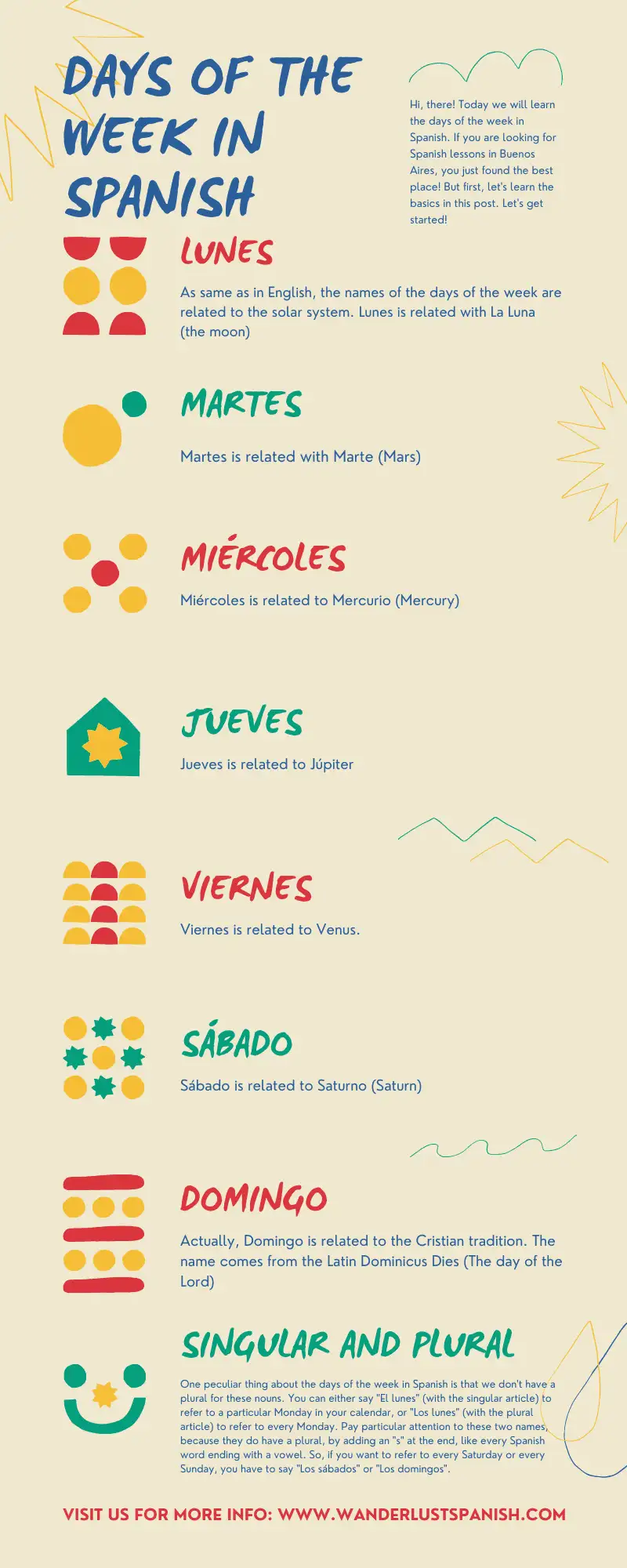Hola, amigues! In this article we’ll work on the differences between Saber and Conocer. Be ready to learn because it’s going to be a wild ride! Here we go!
Saber and Conocer: differences in English
Contents
Before we get started with the Spanish differences between these two verbs, let’s take a look at the meaning of “saber” and “conocer” in English. We have one word that applies to both of them: know. But (there’s always a but, life is not perfect…) they are not the same. Because for other instances we can use “meet” as a synonym too! I know, I know, I don’t wanna confuse you. Just want to give a fresh picture of the whole thing, and like always: do not trust easy translations on the web. They can get you lost for sure.
Basically, the differences between “know” and “meet” are more easy to grasp than the ones in Spanish. When we meet a person it means that we get together to have coffee. However, when we know someone, it means that we have a full bag of data of that person. Or that we have already met them. Therefore, knowledge is related to a more profound ground. We will explore more of these differences in Spanish in the next paragraph. Just be with us and read carefully!

Saber and Conocer in Spanish
First of all, we pose philosophical questions between these two verbs because their meanings are almost the same. Hence, that almost saves our lives (or unravels a full world of possibilities). Okay, enough with the chit chat. According to the Royal Spanish Academy, “conocer” has more than ten meanings. We’ll narrow them down to some:
- To find out about the exercise of intellectual faculties, nature, qualities and relationships of things.
- Understand, warn, know.
- To know and communicate with someone.
- Experience, to feel something. I.E, Alexander the Great did not know defeat.
“Saber” has also a lot of meanings, like these:
- To be instructed in something: Sabe física (He knows Physics).
- The ability of doing something: Sabe guardar un secreto (They know how to keep a secret).
- To have news or information about someone / something.
- Related to having certain flavour: Esta sopa sabe a cebolla (This soup tastes like onion).
Learn with the best Spanish school in Latin America
Some examples of Saber and Conocer
- When we talk about the academic field, we can use interchangeably “saber” and “conocer” as synonyms: “yo conozco del tema” / “yo sé del tema” (I know about the subject).
- When you’re dating someone, you can say “Estoy conociendo a alguien”, but not “Estoy sabiendo a alguien”. Why? Because “I’m getting to know someone” is the correct translation and “sabiendo a alguien” would be that you’re tasting someone. Well, maybe you are…
- Unlike “conocer”, “saber” has different idioms, for example:
- “No saber alguien lo que tiene”: To not know what you have.
- “No sé qué”: The romantic “je ne sais quoi”, right?
- “Sabérselas todas”: To be a know-it-all.
- “Saber hacer”: Know how.

Learning Spanish Online
Dear fellas, learning Spanish is an adventure and at Wanderlust Spanish we will make you feel at home in a fun and delightful way. Also, if social media is your thing, check our Tuesdays of Spanish grammar. Loving and mindful, like always!










